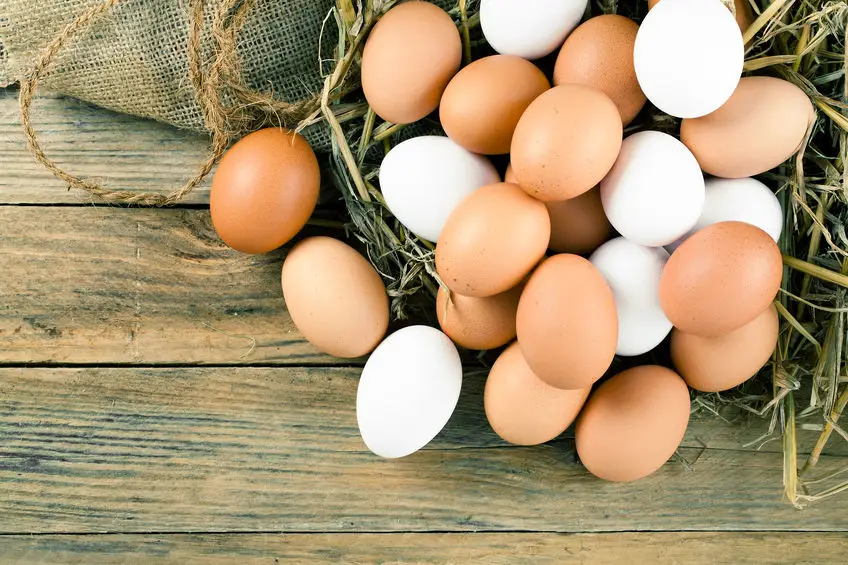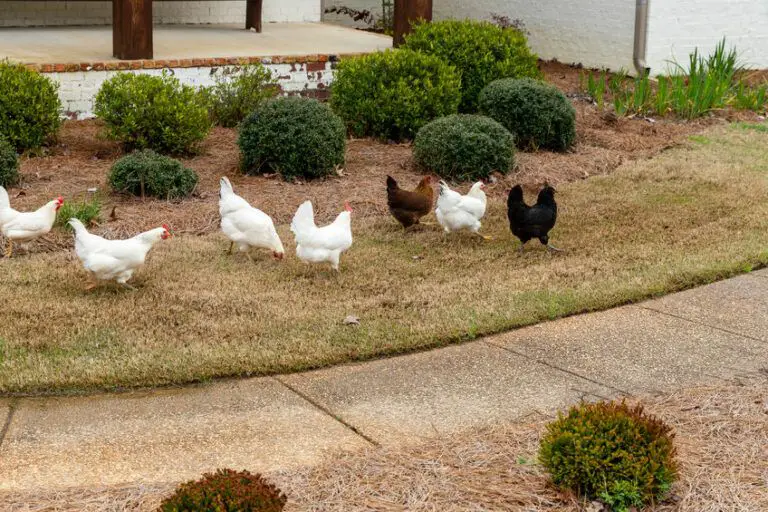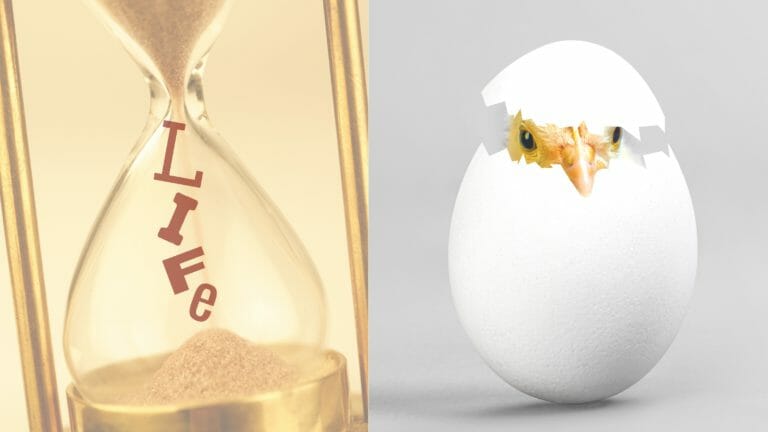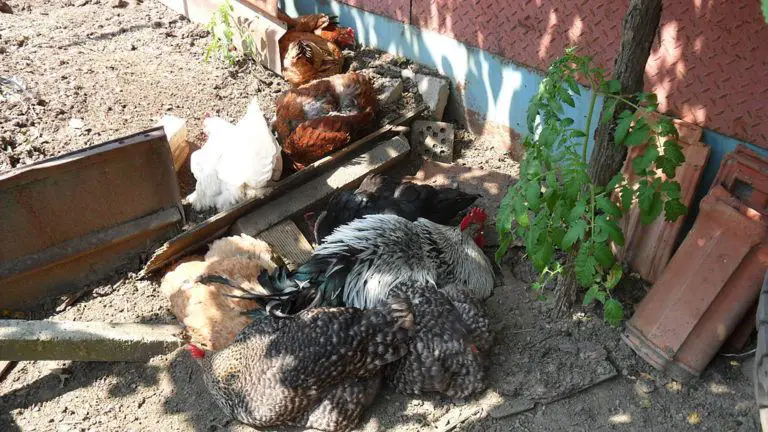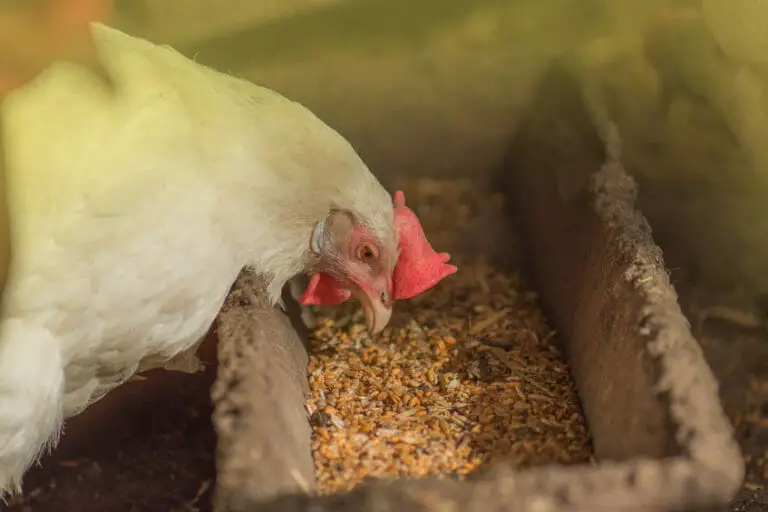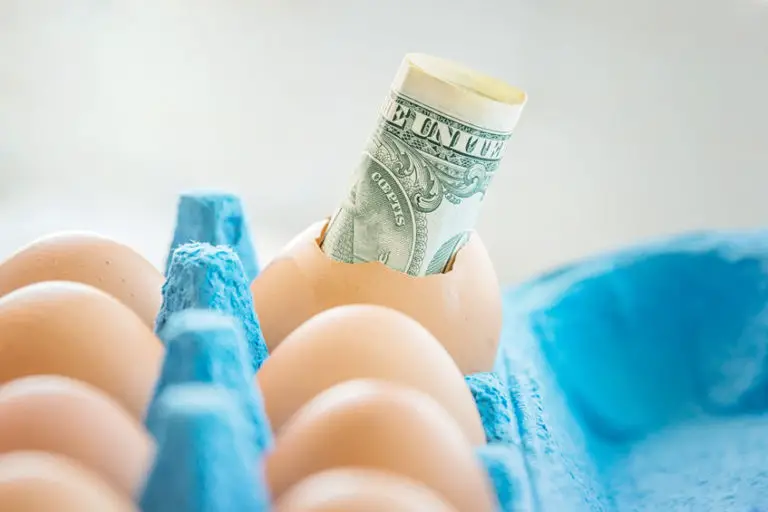How To Clean Chicken Eggs – The Dirty Truth
Everything You Need to Know About Safely Cleaning Eggs
Not all chicken eggs have fecal matter on them. Most often, when we get farm fresh eggs, any dirt on the egg is automatically assumed it’s chicken poop. You’ll be surprised to learn that washing eggs may not always be the best solution! However, many of us prefer clean eggs. If we sell chicken eggs, you can bet your customers want eggs that have been washed.
Today we want to discuss with you a few answers on just how to clean chicken eggs. There are many ideas on the subject, so we’ll provide you with our honest opinion based on our own experience and research.
“To wash or not wash…that is the great debate!”
Can you imagine if we were to pose that question about showering daily? You would get a lot of disgusted facial expressions. This same reaction is what you’ll get from those who love to eat eggs but don’t want any organic matter (from the chicken) left behind on those eggs.
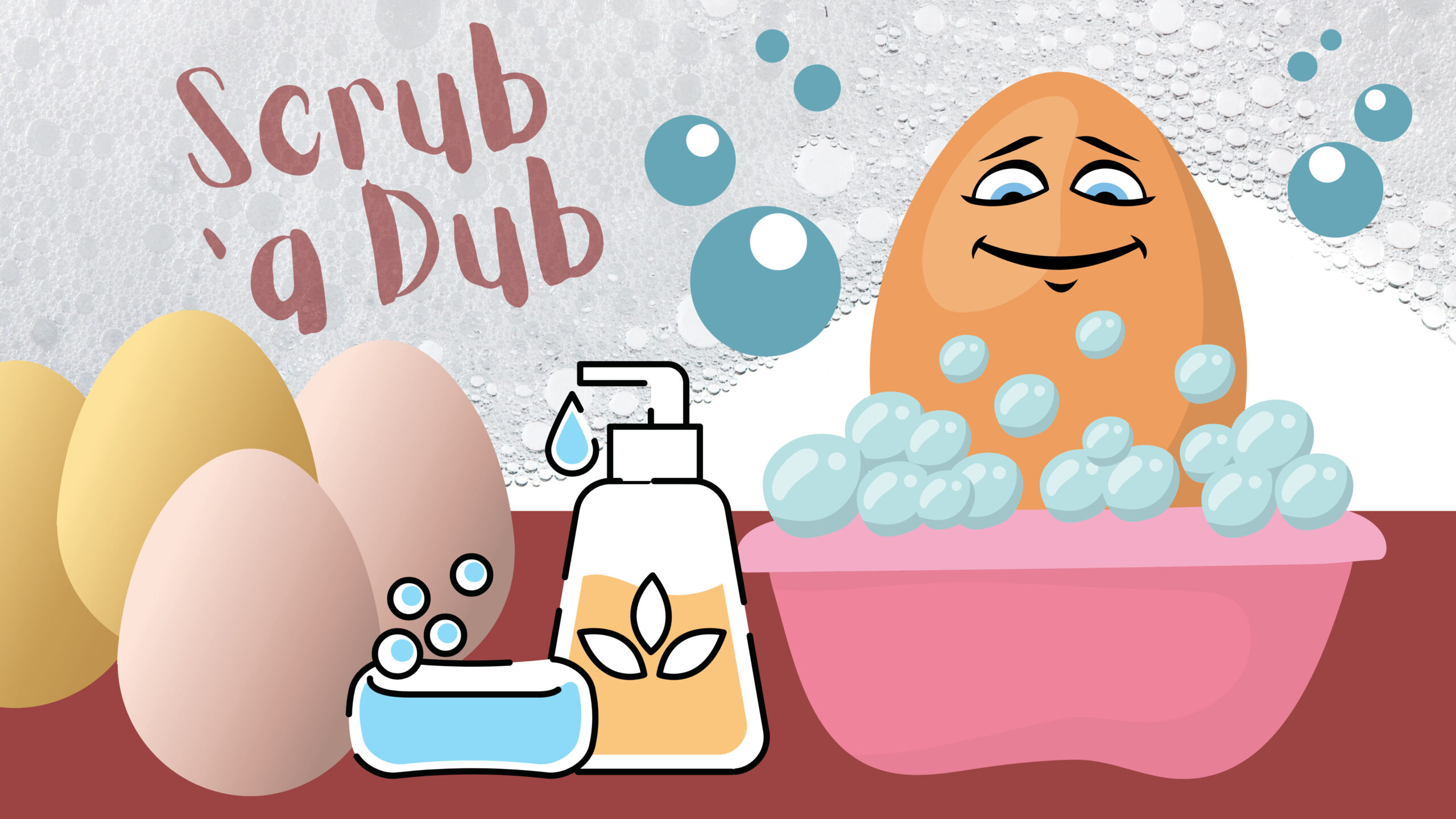
Natural Protection
It’s amazing how hens were created not only to produce eggs without mating, but the body has the ability to coat that egg with a protective coating that keeps the egg naturally clean as it exits the body. That natural coating is what’s called the “bloom.”
Farmers and chicken owners fully appreciate the importance of the bloom and how it continues to protect the egg even after it has been laid. There’s no washing of eggs because most prefer to leave the bloom on. Once washed, that bloom is completely removed, making the egg vulnerable to bacteria and other matter getting in through the shell pores and into the whites and yolk.
Eggs that you purchase in the store are controlled by USDA regulations that require those eggs to be washed and sanitized before they reach the store shelf. Commercial eggs typically go through pasteurization to meet USDA regulations. Over in the UK, chicken eggs are not washed before going to market.
Rarely do you find eggs in stores over there that have been washed. The British Egg Industry Council claims this practice of unwashed commercial eggs encourages farmers to raise healthy chickens in clean environments.
Research Results on Egg Washing
The debate on whether to wash or not can easily be debunked by findings from studies researchers did on washed and unwashed eggs. Salmonella and bacteria are concerns when it comes to fresh eggs. Eggs can become contaminated in several ways.
- During Production – Hens may have Salmonella present in their reproductive organs or tract, which is transferred to the egg during production or as the egg passes through the hen when laid.
- Environment – The place your hen lays the egg may be contaminated. Unless the egg is collected immediately and refrigerated, it becomes prone to contamination with bacteria or Salmonella. Refrigeration reduces the production of contaminants.
- During Handling – If you cross-contaminate your eggs during handling, you can easily transfer bacteria or Salmonella. To reduce egg contamination, washing your eggs is recommended as well as immediate refrigeration.

Steps on How to Clean Chicken Eggs
So, how do you wash freshly laid eggs? We are going to safely walk you through washing eggs as well as how to store them.
Things to Consider Before Washing Eggs
- The first thing to remember is NEVER immerse your eggs in a sink full of water and allow them to sit. Eggshells are porous, and any residue on the outside of the shell and the water can penetrate the eggshell. The egg acts as a vacuum when immersed and pulls the water into the egg.
- When cleaning eggs, the best practice is to clean them under running water.
- Use potable water only.
- Wearing gloves is best. It not only prevents your hands from possible contamination but also allows you to use hot water without hurting your skin.
Things You’ll Need
- Cleaning Solution (Egg Washing Solution)
- Unscented Bleach
- Gloves
- Collected eggs
- Sponge
- Clean Towel
- Clean egg carton (that has never come in touch with unclean eggs)
Prepare Sanitizing Solution
- Fill a container with 1 gallon of hot water (around 120 degrees (F.)
- Add 1 tablespoon of unscented bleach to the hot water.
Prepare Cleaning Solution
- Fill a container with hot water (at least 120 degrees (F.)
- Add your egg cleaning solution.
- Soak a sponge in the cleaning solution.
Begin Egg Washing
- Run your tap water on hot. It should be as hot as your gloved hands can tolerate.
- Pick up an egg and wet it down with the running tap water.
- Using the cleaning solution sponge, begin washing the egg gently.
- Once clean, rinse the egg under the running tap water.
- Quickly dip the rinsed egg into the sanitizing solution.
- Lay on a towel to dry.
- Proceed in cleaning/rinsing the remainder of your eggs.
- Once eggs have dried, place them into a clean egg carton and refrigerate immediately.
- Discard the sponge you used to wash the eggs.
- Thoroughly wash and clean containers, sink, and counter area used for egg washing/sanitizing.
Note: If you have stubborn stains on eggshells that you want to treat (this is especially important if you sell eggs,) you can clean eggs with vinegar. Rub a little vinegar on the stain. Some stains may be so stubborn; even vinegar won’t remove them.
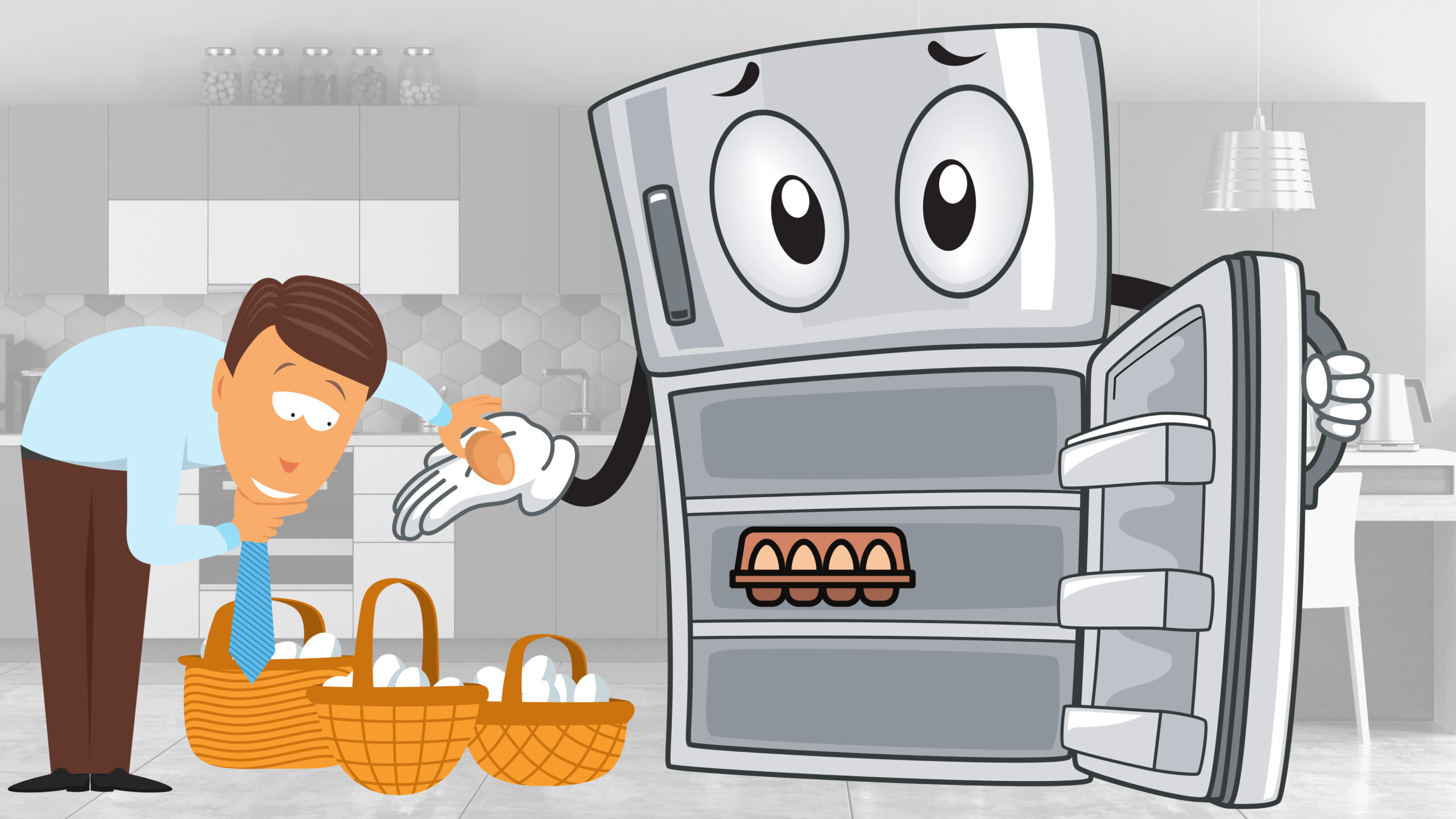
Proper Storage of Eggs
We have a lot of people ask, “Do fresh farm eggs need to be refrigerated?” The “old school” way of farming had farmers collecting eggs and leaving them sitting on the counter in a basket for days. Needless to say, this practice is long gone. Research indicates eggs, whether farm fresh or store-bought, need to be refrigerated immediately.
- It’s best to collect eggs as often as possible to prevent them from sitting too long. The longer they sit in warm/hot outdoor temperatures, the quicker they’ll spoil.
- Don’t allow eggs to sit indoors at room temperature.
- Refrigerate eggs immediately after purchasing, collecting, or cleaning.
Other Measures To Keep Eggs Clean
Other ideas for keeping your eggs clean is to keep the nest boxes as clean as possible. This can be difficult since, if you own chickens, you know they aren’t the cleanest birds on the planet.
It’s not uncommon to find droppings in the nest boxes, and all that nice bedding kicked out of the nest box entirely. This will lead to exposed wood (or plastic, or whatever type of nest box you use). Then they lay eggs on the hard surface which can lead to cracked eggs. And THEN you have a gooey mess!
Some of these issues can be remedied with daily cleaning and replacing of straw or bedding in the coop. But there are other methods of padding the nest boxes that the chickens can’t kick out. And some of these ideas are inexpensive and much easier to clean.
Read this article on nest boxes to learn ways to keep your eggs clean and free from developing cracks once laid. It discusses a type of artificial turf which can be glued or stapled into the nest box for padding so the eggs won’t crack. The good news is it can also be cleaned fairly easily!
The Last “Cluck”
Alright! So, now you know how to clean your fresh chicken eggs without compromising safety. This is so important, especially if you sell those eggs. Those pretty little nichey egg baskets were meant for collecting eggs rather than having those eggs sitting out on display on your kitchen counter. A sitting egg is a sitting time-bomb for your gut!
Collect – Clean – Refrigerate!
Happy “chickening!”

